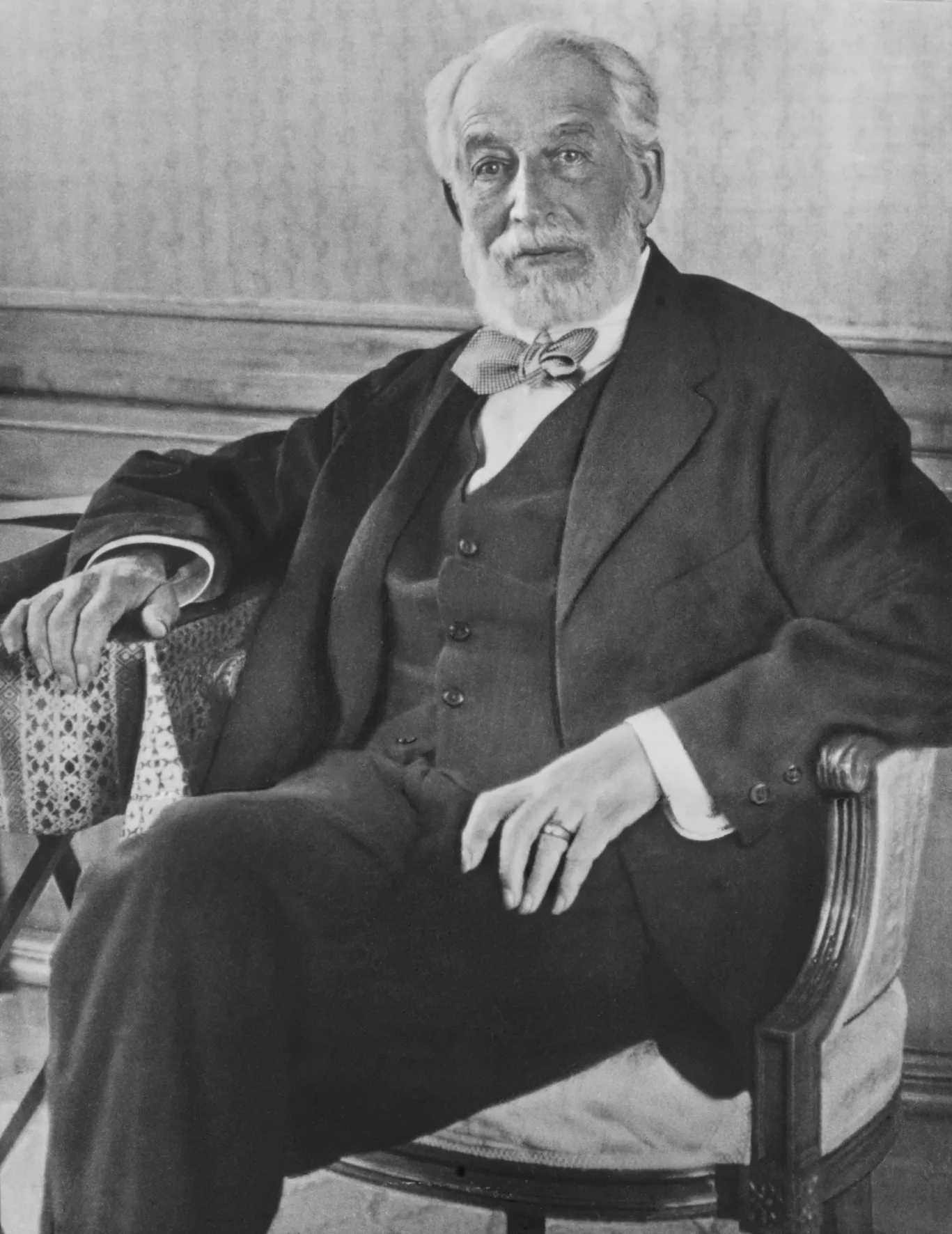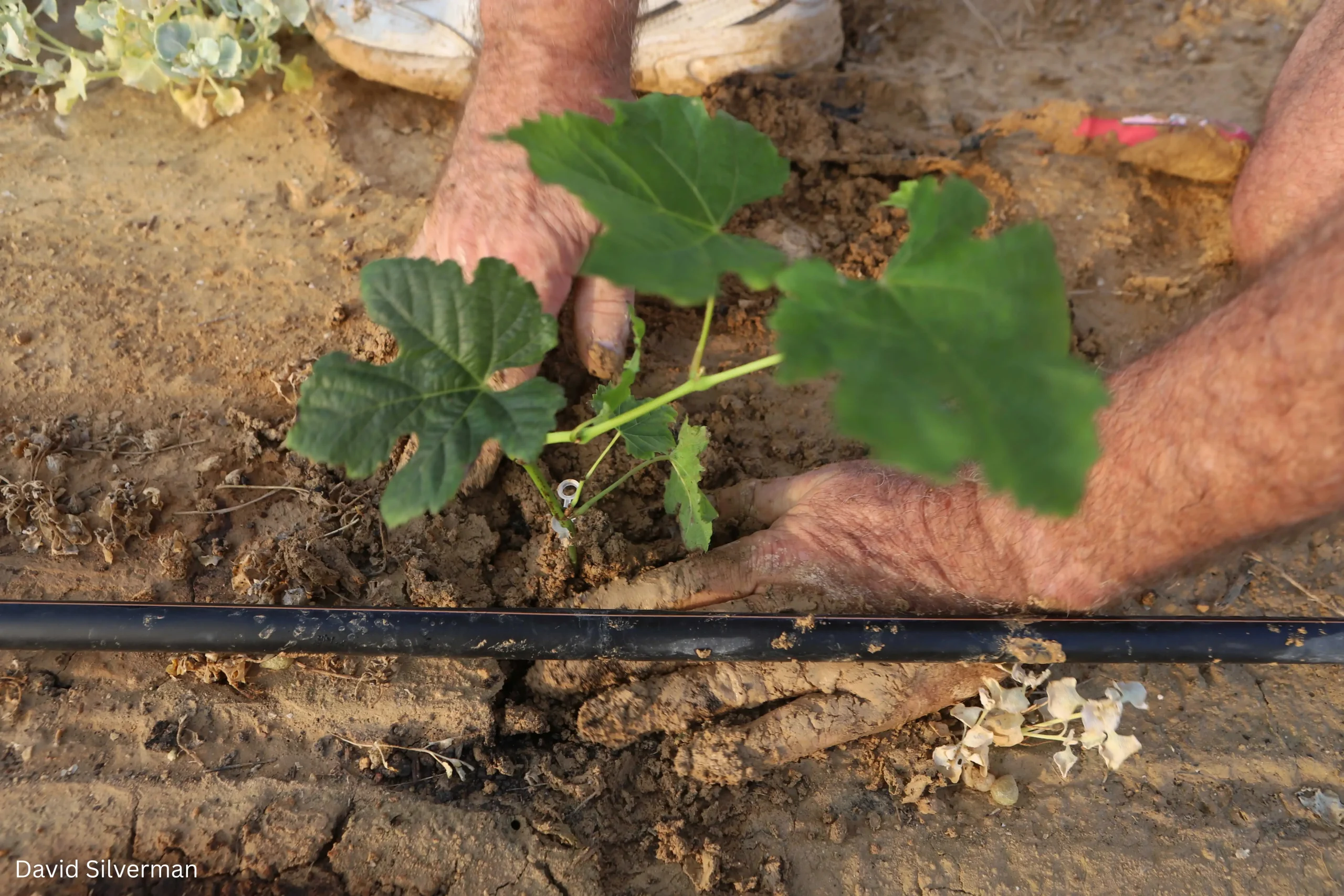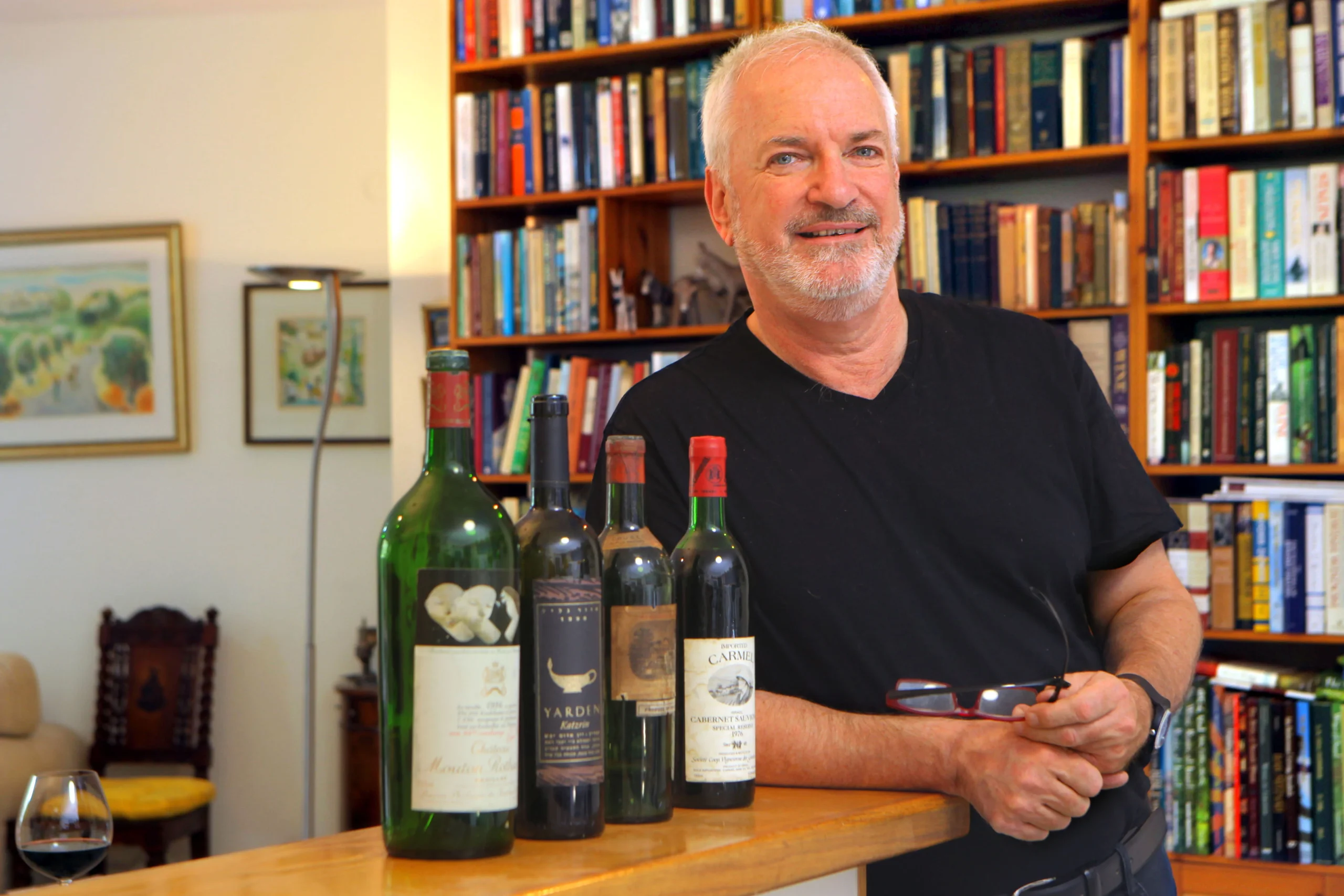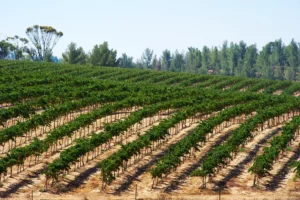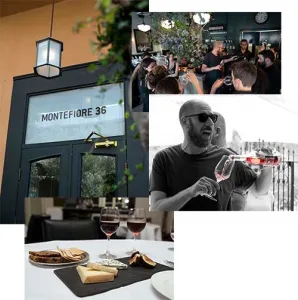This article first appeared in the Wine Talk column in the Weekend Supplement of the Jerusalem Post.
The Israeli wine world for all its variety has a lot of sameness about it. Vineyards look pretty much the same. They are planted in more or less the same way, with the vines standing straight like soldiers to be suitable for mechanical harvesting. The grapes will as likely as not include the all- conquering Cabernet Sauvignon or Merlot which are grown everywhere outside Israel and within.
The winery will undoubtedly be a clean, sterile area with a few oak barrels giving a flavor of tradition, and spotless stainless steel tanks providing a taste of technology. There will likely be a bar or comfort zone or even a visitor’s center for meeting customers and selling wines.
The winemaker will either be an enthusiast whose hobby has become a business or a smiling graduate of some foreign university who did a course, followed by a stage of a harvest or two in another country and then returned to become a winemaker.
There is usually an ongoing dance between the grower, who is a farmer and grows grapes and the winemaker who wants to grow wine. Who leads in this merry dance is usually the grower, and the winemaker tries to catch up, educate, enthuse and impose his controls.
The wine will be made in the boring international style which has become the norm. The reds will be full bodied, over ripe, high alcohol, and jammy. The whites will be full of tropical aromas, ‘nice to drink’ but lacking follow through and an underlying character or a sense of place.
Depressing OK, I am certainly looking at the cup half empty instead of half full and am intentionally giving a cynical overview. There is a reason. I want to introduce you to one of Israel’s most exciting young wineries, Kerem Shvo, owned by Gaby Sadan, who is one of the most talented winemakers in Israel and a totally free spirit. He is a master of thinking out of the box at the same time as being a proponent of the laissez faire style of winemaking.
Gaby Sadan started in fairly respectable fashion. He studied winemaking at Dijon in France, worked in Bordeaux and Burgundy. Afterwards he went on to gain experience in California and Australia as well as more experience in France. He spent far longer than the average winemaker in learning his trade, gathering information and experiencing winemaking in different countries. The long period of apprenticeship suggests a patience, thoroughness and thirst for knowledge.
In 1998 he returned to Israel and joined the Golan Heights Winery, the most advanced winery with regard to technology, under the legendary chief winemaker, Victor Schoenfeld. He became responsible for the red wines. There could not be more difference between the Golan Heights Winery and Shvo Vineyards, or Victor Schoenfeld and Gaby Sadan and yet they are both masters of their art.
In 2000 he moved to Galil Mountain to become the winemaker of this brand new winery. He was there for six years, and gained a name for his unoaked Galil Mountain reds, great drinking wines, and the great value, quality prestige blend Yiron. In 2006 he left to start his own venture.
Like most wineries in Israel, he started with a vineyard, but uniquely in this instance, the site was chosen, the varieties were selected and planted by him, the winemaker. He chose a site at 800 meters altitude between Dovev and Sassa in the Upper Galilee. Instead of planting the stalwarts like Cabernet, Merlot and Chardonnay, he chose Syrah, Grenache, Mourvèdre, which are all well- known from the South of France and Barbera, prominent in Piedmont in Italy for the reds. Sauvignon Blanc and Chenin Blanc, which thrive in the Loire Valley, were the whites.
Basically in an industry affected by internationalization and globalization, Sada does everything differently. The vineyard reeks of character and individuality. The soils are limestone with flint in areas. The Grenache and Mourvèdre are planted in low bush vines. There is a full cover crop between the vines. He is a believer in self sustainable viticulture, using compost and no herbicides.
He named his winery Kerem Shvo (Shvo Vineyards) after his mother. Considering his raison d’etre as a wine grower, it is totally appropriate that the winery would be named after the vineyard.
He setup a winery in a semi used, semi derelict packaging plant at Jish, otherwise known as Gush Halav. It is a Christian Arab village. Why there Simply, to be close to the vineyard. There is no sign signifying there is a winery. No visitors center, no marketing department, or tasting room. There is scarcely a comfortable chair to sit on. What is there, is what is necessary to make wine. Period. Nothing frivolous to get in the way of the principle objective: to grow wine.
At the winery, everything is different. The stainless tanks are rectangular, not round. The barrels are large, not small and new oak, is thankfully scarce.
The first wine was produced from the 2009 harvest. Harvesting is by hand. Yields are very low. In making the wine he also follows a totally individual route. The Sauvignon Blanc, for example, is hand harvested, whole cluster pressed and fermented using wild yeast in used 400 liter barrels and then aged in barrel. This is contrary in almost every way from the usual methods of making Sauvignon Blanc in Israel.
His red wine is a GSMB blend. In Australia, the letters GSM signify a blend of Grenache Syrah Mourvèdre. The B is the Barbera. The Grenache contributes perfumed fruit, the Syrah spice, the Mourvèdre tannin and texture and the Barbera acidity.
Gaby Sadan is a well set man usually wearing t shirts and shorts, with a mop of red hair and a full beard, probably not unlike the Biblical Esaw. (Referring to his hair color and the description, ‘he was a hairy man’).
He is a person who likes to take full responsibility and only truly relies on himself. I remember when the new Galil Mountain Winery opened and I was the initial export manager, he was checking my English text as though it was written by an illiterate non-English speaking Israeli. A crazy perfectionist yes, but this is a welcome trait shared by the very best winemakers.
He is a ‘Gingie’ not only in color, but also in character and does not suffer fools gladly. On the other hand, he is incredibly patient in the vineyard and winery, totally non-interventionist, allowing inordinately long fermentations without interference. The vineyard and grapes are allowed to express themselves in the final wine.
He is a quiet talker, explaining his way with passion, usually with his head cocked slightly to one side as though in inquisitive mode. He wants to make white wines which are less flamboyantly aromatic, with a greater flavor and minerality on the middle palate that gives a sense of place.
Regarding red wines, he believes in these Mediteranean varieties which most agree have a great future in Israel and Barbera, where the success here has yet to be proven. Interestingly he is not necessarily trying to make a big Mediterranean style wine but succeeds in making a wine that seductively draws you to take another sip because it is chunky but refreshing.
The wines are not kosher. Sadan is too much of a hands-on winemaker to pass on the responsibilities to any mashgiach, but they are excellent, original and are priced very reasonably. His journey is invigorating because it represents a back to basics. Everyone interested in the future direction of Israeli wine is following his way with great curiosity.
Shvo Vineyards is an artisan winery, whose wines are handcrafted and enticing.
Vive la Difference et la Qualité!
The Kerem Shvo wines I tasted were as follows:
Shvo Vineyards Sauvignon Blanc 2013
A full bodied wine with has a nose of red apple, peach and apricot, mingled with toasty flavors. It has a refined fruit and minerally taste which develops with time. It improves even more with aeration.
Shvo Chenin Blanc 2011
This wine has an understated nose of greengage and nectarine. It is slightly grassy in the background, with rippling minerality, a faint herbal touch on the palate and a long balanced finish.
Shvo Vineyards Rosé 2013
A delicious Rosé. It has an onion skin color, with an aroma of strawberries, a touch of VA (volatile acidity) on the nose, full flavor in the mouth and a refreshing acidity. It makes you want to eat something!
Shovo Vineyards Red 2011
This is one of my favorite reds of the moment. Meaty yet elegant; rich yet refined; rustic yet subtle. There is plenty of sweet ripe fruit on the nose, a mouth filling, chewy flavor, yet with the balance to entice you to take another sip.












